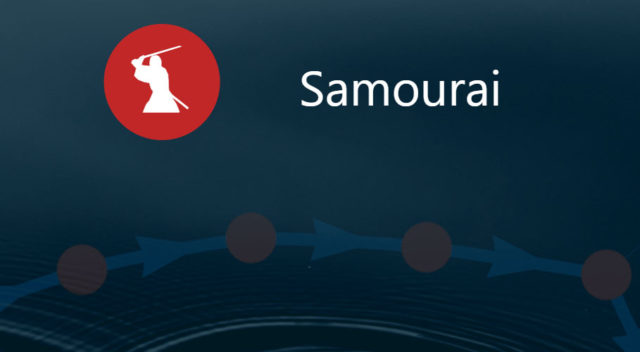US government documents were “likely hidden and removed” from a warehouse in Mar-a-Lago as part of an effort to “obstruct” the FBI’s investigation into former President Donald Trump’s possible mishandling of classified materials.
The information was revealed by the Department of Justice, on Tuesday night (30), in a court case of great repercussion.
The filing represents the Justice Department’s strongest evidence to date that Trump withheld records he was keeping at his Florida residence in an attempt to obstruct the investigation.
New details of the agency’s action to oppose Trump’s effort to intervene in the federal investigation that led to the search of his home and his desire that a third-party attorney be appointed to the case were shown.
He presents a strong rebuttal of criticism of the FBI’s unprecedented search of a former president’s residence. This clearly exposes how Trump failed to return the dozens of confidential documents, even after his attorney attested that he had provided all the material that was in his possession.
A photo on the final page of the file showing the aforementioned papers strewn across the floor — with marks classified as “HCS,” or confidential human sources — showed just how sensitive the material Trump had hidden was.
At issue is Trump’s compliance with a jury subpoena, issued in May, requiring him to hand over confidential documents that were in Mar-a-Lago. Prosecutors said on Tuesday that some of the materials were likely removed from a storage room before Trump’s lawyers searched the area as they tried to comply with the subpoena.
The timeline is essential, because Trump’s lawyers later told investigators that they had searched the storage area and that all confidential documents were accounted for.
“The government has also developed evidence that government records were likely withheld and removed from the storage room. And that efforts were likely made to obstruct the government investigation,” the prosecutors wrote.
“This included evidence indicating that boxes previously in the storage room were not returned prior to attorney review.”
In the petition opposing Trump’s request, the Justice Department argues that the former president has no authority over presidential records “because those records do not belong to him” as they are considered government property.
The Presidential Records Act makes it clear that “the United States has complete ownership, possession and control over them,” the agency states.
Trump argued that his constitutional rights were violated. And that some of the documents seized earlier this month contain material covered by special entitlements.
The Justice Department was forced to file a request from Judge Aileen Cannon, who has already indicated that she is inclined to grant Trump’s request for third-party attorney oversight of documents the FBI seized in Mar-a-Lago.
The defenders’ role would be to filter any material seized in a search that does not belong in the hands of investigators by prerogative. They have been used before in other cases, but usually in episodes where the FBI has searched an attorney’s office or home with the need to sift through materials relating to attorney-client law.
Trump’s request centers on the need to protect documents relating to his conduct as president.
The possibility of a Trump nominee appointing a professional to review the measures raised the suspicion of some legal observers.
On the one hand, Trump submitted his nomination application two weeks after the search of his Florida home, taking the risk that the Justice Department has already completed most of its inspection.
Second, both Trump and the judge pointed to civil rules regarding special appointments of defenders when the search warrant arises in a criminal context.
Since the Aug. 8 search, a number of previously secret court documents that the Justice Department presented to obtain the warrant have been made partially public. In part because of an attempt at transparency presented in court by various media organizations, including the CNN .
These redacted documents revealed that the search was linked to an agency investigation into alleged violations of the Espionage Act, criminal manipulation of government documents, and obstruction of justice.
According to an FBI statement released last week, an FBI inspection of 15 boxes recovered by the Mar-a-Lago National Archives in January found 184 files with tags, some of them identified as particularly sensitive government documents.
Trump, in seeking out the attorney for oversight, has emphasized in court proceedings the lack of criminal enforcement in the Presidential Records Act, a Watergate-era measure that establishes the process for preserving presidential records.
He did not mention the three criminal statutes that the Justice Department cited in search and seizure warrants. Trump’s lawyers also emphasized his allegedly unrestricted ability when he was president to declassify documents, although the statutes in question do not require materials to be classified.
(*Reporting by Jeremy Herb, Tierney Sneed, Marshall Cohen, Evan Perez and Sara Murray of CNN)
Source: CNN Brasil
I’m James Harper, a highly experienced and accomplished news writer for World Stock Market. I have been writing in the Politics section of the website for over five years, providing readers with up-to-date and insightful information about current events in politics. My work is widely read and respected by many industry professionals as well as laymen.




.jpeg)
.jpg)
